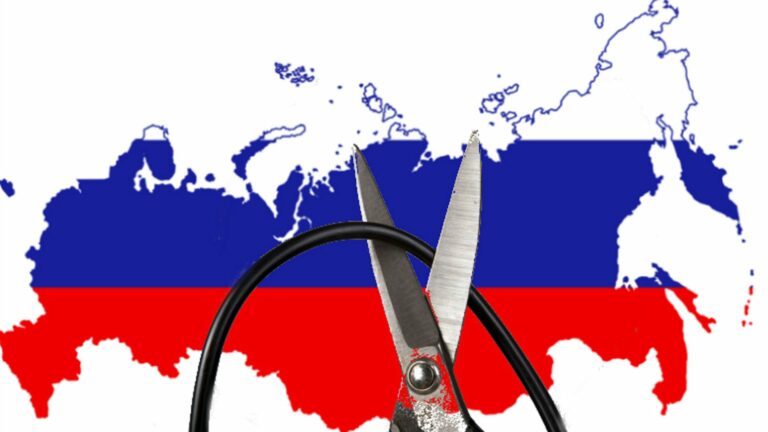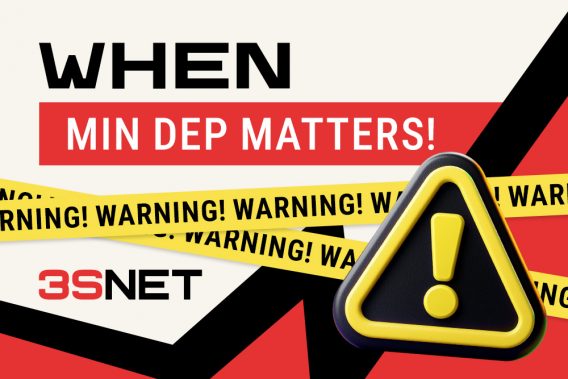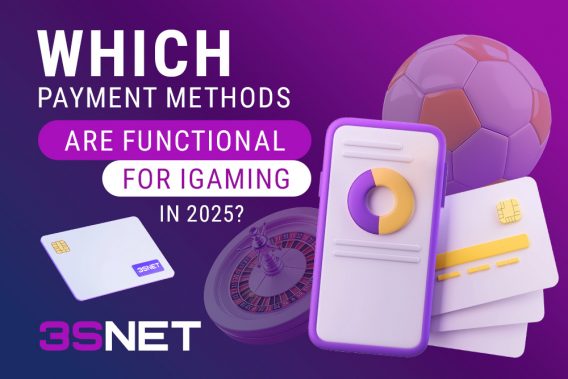
Publication date: 01 Oct 2021
The Law on the Sovereign Internet came into force in Russia back in 2019. Like most similar legislation, it was quickly surrounded by different interpretations, and not everyone has managed to figure out what it is and how it works. So, let’s tell all in order…
What is the Law on Sovereign Internet in Russia?
“The Law on Sovereign Runet” refers to the amendments to the existing federal laws “On Amendments to the Federal Law “On Communications” and “On Information, Information Technology and Information Protection” from 01.05.2019 N 90-FA.
Most of the provisions of the law came into force on 1 November 2019. It was authored by Senators Andrey Klishas, Lyudmila Bokova, and State Duma deputy Andrey Lugovoi. According to the lawmakers, the purpose of the law is to protect the Russian segment of the Network from possible external distortions, blockages and other threats.
What is the essence of the Law on Sovereign Runet?
The amendments provide for the creation of an independent infrastructure in Russia that will ensure Runet’s operation even if it’s disconnected from foreign DNS servers, and will be able to identify any source of traffic. The law gave Roskomnadzor the authority to centrally manage traffic “in case of threat”.
ISPs must install Deep Packet Inspection (DPI) equipment provided by Roskomnadzor. DPI allows for automatic blocking of government-banned content and Internet traffic redirection. The agency used this equipment to slow down Twitter’s access speed in the spring. At the beginning of April 2020, this equipment was installed in the networks of more than 80 operators, through them 100% of mobile traffic and 60% of the traffic of fixed broadband operators passed.
The law was criticized when it was being introduced to the State Duma for setting yet another stringent regulatory standard. The law envisages some other key actions:
- Operators and ISPs will have to participate in exercises to identify external threats and rehearse recovery measures for the Internet functioning, which entails bureaucratic costs;
- Operators will have to report on their use of cross-border networks (i.e., networks crossing the state border), justify their use and account for all traffic passing through them;
- Connection to the National Domain Names System, which will duplicate the list of domain names and numbers of autonomous systems delegated to Russian users. Connection became compulsory on 1 January 2021. Companies that have been accredited, will have to provide full information about their users.
How much does a sovereign Runet cost?
According to the draft law “On the federal budget for 2022 and for the planning period of 2023 and 2024”, the authorities are going to invest 31 billion roubles in technical means of countering threats over the next three years. In 2022, up to 10.8bn roubles will be spent on the Sovereign Runet, and over the next two years, up to 10.3bn and 9.5bn roubles respectively.
The funds are proposed to be allocated within the programme “Information Society”, and they are to be spent within the programmes “Control and Supervision of Communications, Information Technology and Mass Communications” and “Digital Society”. The government approved the draft on 21 September and it should be submitted to the State Duma by 1 October.
The way the law works now
On February 1, 2021, the law on the self-monitoring of social networks (No. 530-FA) came into force, according to which internet platforms are required to identify and block forbidden information themselves. Roskomnadzor has already started to form a register of social networks that will be obliged to identify and block “banned” information. It includes foreign Facebook, YouTube, Twitter, Instagram, TikTok and domestic VKontakte and Odnoklassniki. The owners and managers of the resource will be able to interact with Roskomnadzor and challenge potential blockages through a personal account.
Moreover, Roskomnadzor has also significantly cut access to VPNs, Internet acceleration services and traffic encryptors. Users began to experience multiple problems with mobile and home networks.
It’s all about the fact that Roskomnadzor has begun implementing the Decree No. 127 of February 12 and testing the technical means of countering threats.
Whether Roskomnadzor will extend the ” Sovereign Runet” infrastructure to all operators in the country or plans to further develop the established infrastructure isn’t yet known. All measures to implement the law must be completed by the end of 2021.
Share it with your friends via favorite social media
























